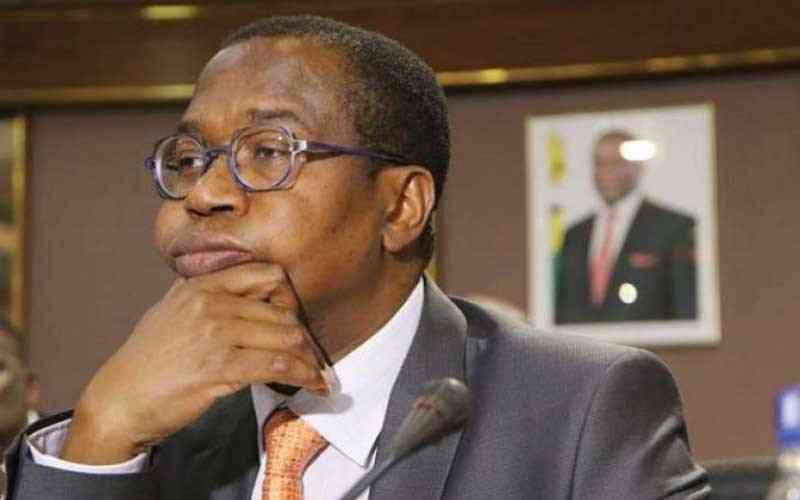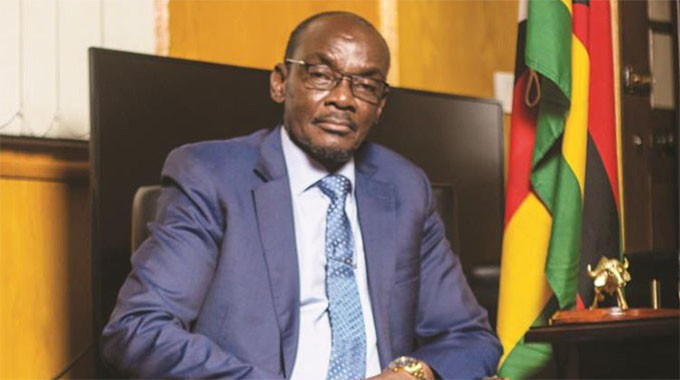
MEMBERS of Parliament (MPs) have called on the government to formalise Zimbabwe’s informal sector, widen the tax base and urgently review the disproportionate tax burden on the poor and vulnerable citizens.
They made the appeal during debate in the National Assembly on the 2025 mid-term budget on Wednesday as they highlighted structural economic challenges and social inequities.
Chakari MP Andrew Nkani (Zanu PF) expressed concern over reliance on a shrinking formal sector for revenue while over 76% of businesses operate informally.
He argued that high taxes deter registration, stating that informal traders avoid Zimbabwe Revenue Authority (Zimra) officials “(just) like (they do with) the police”.
He urged the government to address the inhibiting factors to encourage formalisation.
“Maybe it is because the taxes are too high, which means, let us address that issue so that they register their companies legally,” Nkani said.
Another Zanu PF MP, Scott Sakupwanya, welcomed recent government efforts to reduce licensing requirements and remove unnecessary levies, noting that such reforms benefit start-ups.
He said expanding the tax base should be prioritised, not just raising rates, by creating an environment where every citizen feels duty-bound to pay tax because of enabling policies.
- Teachers, other civil servants face off
- Veld fire management strategies for 2022
- Magistrate in court for abuse of power
- Vungu Dam water treatment and irrigation project takes off
Keep Reading
Other MPs highlighted the regressive nature of the country’s tax regime.
Opposition MP Edwin Mushoriwa said consumptive taxes like VAT, which contributed 25,3% to the fiscus, disproportionately burdened the poor, as they were paid uniformly across income levels.
“The tax burden is weighing heavily on the poor in our country,” he said.
He also criticised the intermediated money transfer tax, describing it as a “tax on poverty” that hinders financial inclusion by driving people back to cash.
Zanu PF MP Tanatswa Mukombeni said informal businesses were inherently “hard to tax”.
“These are a group of hard to tax businesses and this has got a potential of limiting our national fiscus, potentially restraining the government’s fiscal capacity,” Mukombeni argued.
MPs unanimously called for an urgent review of the country’s tax regime to reduce inequality.
World Bank findings indicate that over 40% of Zimbabweans live in extreme poverty, with education and health suffering from under-investment.










